- Home
Page 8
Page 8
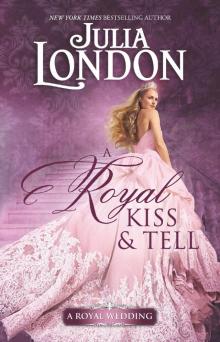 A Royal Kiss & Tell
A Royal Kiss & Tell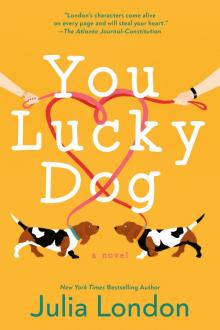 You Lucky Dog
You Lucky Dog The Devil in the Saddle
The Devil in the Saddle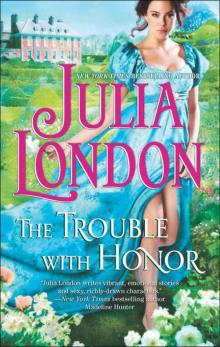 The Trouble with Honor
The Trouble with Honor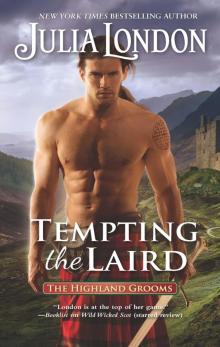 Tempting the Laird
Tempting the Laird The Secret Lover
The Secret Lover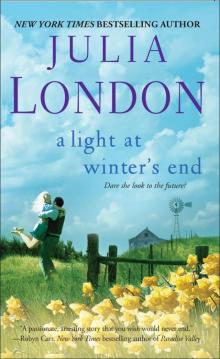 A Light at Winter’s End
A Light at Winter’s End The Charmer in Chaps
The Charmer in Chaps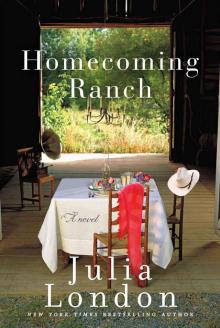 Homecoming Ranch
Homecoming Ranch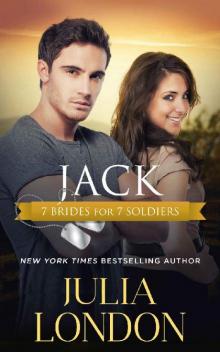 Jack (7 Brides for 7 Soldiers Book 5)
Jack (7 Brides for 7 Soldiers Book 5)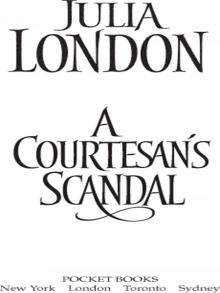 A Courtesan's Scandal
A Courtesan's Scandal Hard-Hearted Highlander--A Historical Romance Novel
Hard-Hearted Highlander--A Historical Romance Novel The Complete Novels of the Lear Sister Trilogy
The Complete Novels of the Lear Sister Trilogy The Last Debutante
The Last Debutante Suddenly Single (A Lake Haven Novel Book 4)
Suddenly Single (A Lake Haven Novel Book 4) Seduced by a Scot
Seduced by a Scot Highlander Unbound
Highlander Unbound Suddenly Dating (A Lake Haven Novel Book 2)
Suddenly Dating (A Lake Haven Novel Book 2)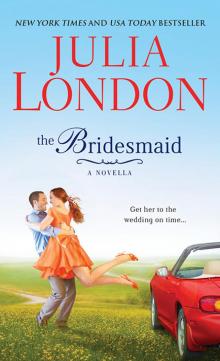 The Bridesmaid
The Bridesmaid The Seduction of Lady X
The Seduction of Lady X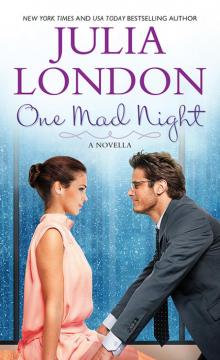 One Mad Night
One Mad Night Extreme Bachelor
Extreme Bachelor The Scoundrel and the Debutante
The Scoundrel and the Debutante The Revenge of Lord Eberlin
The Revenge of Lord Eberlin American Diva
American Diva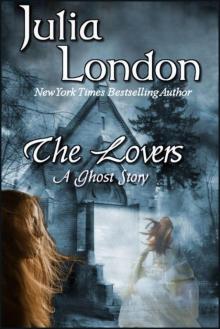 The Lovers: A Ghost Story
The Lovers: A Ghost Story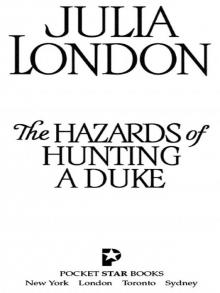 The Hazards of Hunting a Duke
The Hazards of Hunting a Duke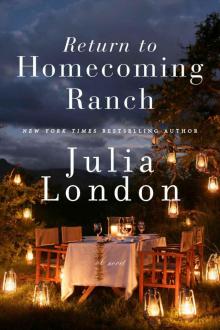 Return to Homecoming Ranch (Pine River)
Return to Homecoming Ranch (Pine River)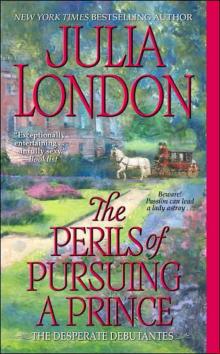 The Perils of Pursuing a Prince
The Perils of Pursuing a Prince Highlander in Love
Highlander in Love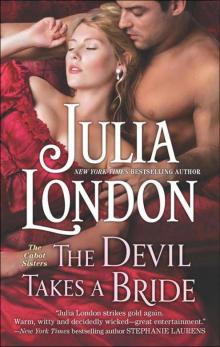 The Devil Takes a Bride
The Devil Takes a Bride Devil in Tartan
Devil in Tartan Wild Wicked Scot
Wild Wicked Scot Snowy Night with a Highlander
Snowy Night with a Highlander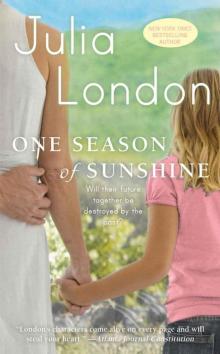 One Season of Sunshine
One Season of Sunshine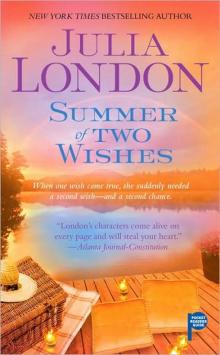 Summer of Two Wishes
Summer of Two Wishes All I Need Is You aka Wedding Survivor
All I Need Is You aka Wedding Survivor Sinful Scottish Laird--A Historical Romance Novel
Sinful Scottish Laird--A Historical Romance Novel Suddenly Engaged (A Lake Haven Novel Book 3)
Suddenly Engaged (A Lake Haven Novel Book 3) Highlander in Disguise
Highlander in Disguise Suddenly in Love (Lake Haven#1)
Suddenly in Love (Lake Haven#1)